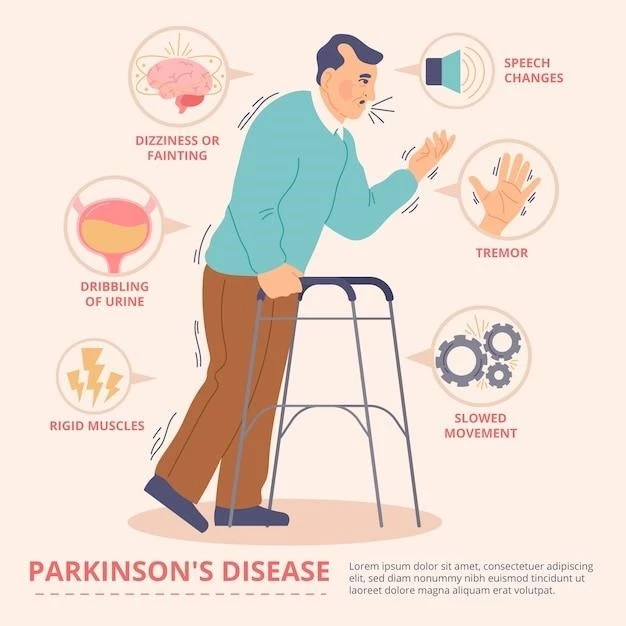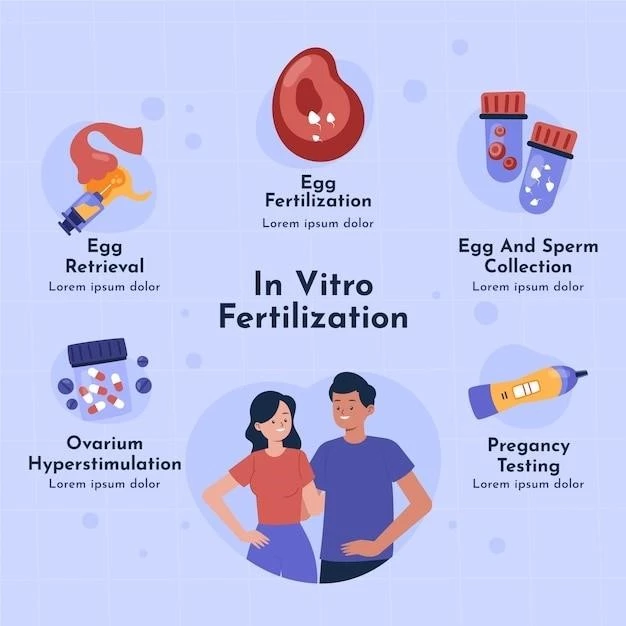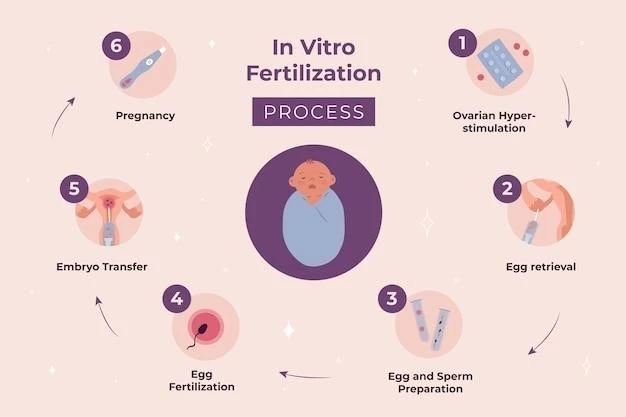Introduction to Pignata Guarino Syndrome
Definition of Pignata Guarino Syndrome

Definition of Pignata Guarino Syndrome
Pignata Guarino Syndrome, also known as T-cell immunodeficiency, congenital alopecia, and nail dystrophy, is a severe combined immunodeficiency disorder characterized by a near-total lack of immune protection. Individuals with this syndrome are highly susceptible to infections due to compromised immune function. Genetic mutations in the FOXN1 gene are associated with this condition.

Clinical Presentation and Genetics
Association with Severe T-cell Immunodeficiency
Association with Severe T-cell Immunodeficiency
Individuals with Pignata Guarino Syndrome experience significant immune system impairments, leading to heightened susceptibility to infections. This condition is linked to severe T-cell immunodeficiency, emphasizing the importance of early diagnosis and specialized treatment to manage immune deficiencies effectively.
Link to FOXN1 Gene Mutations
The FOXN1 gene mutations are directly associated with Pignata Guarino Syndrome, impacting immune function and leading to severe T-cell immunodeficiency. Understanding these genetic alterations is crucial for diagnosis, treatment, and further research to manage this complex condition effectively.
Identifying Congenital Alopecia and Nail Dystrophy
Diagnosing Pignata Guarino Syndrome involves recognizing congenital alopecia (hair loss from birth) and nail dystrophy (abnormal nail development). Identifying these characteristic symptoms is crucial for prompt diagnosis and appropriate treatment planning.
Genetic Testing Information
Genetic testing plays a crucial role in confirming the presence of Pignata Guarino Syndrome by identifying specific mutations in the FOXN1 gene. This testing provides essential information for accurate diagnosis, prognosis, and personalized treatment strategies tailored to the individual’s genetic profile.
Expertise of Dr. Elliott F. Winton
Dr. Elliott F. Winton is a highly rated Hematologist and Oncologist specializing in the treatment of Pignata Guarino Syndrome. With vast experience and expertise in addressing complex conditions, Dr. Winton plays a crucial role in providing comprehensive care and guidance for individuals with this rare disorder.
Specialization of Allergy and Immunologist Mary Markert
Located in Durham, North Carolina, Dr. Mary Markert is a distinguished Allergy and Immunologist with expertise in treating Pignata Guarino Syndrome. Her extensive experience makes her a valuable resource for individuals seeking specialized care for this complex condition.
Experience of Allergy and Immunologist Shyam Joshi
Dr. Shyam Joshi, an Allergy and Immunologist in Portland, Oregon, brings over 11 years of expertise in treating Pignata Guarino Syndrome. With specialization in immune-related conditions, Dr. Joshi offers valuable insights and comprehensive care for individuals managing this complex disorder.
Expertise of Transplant Surgeon Wasim Dar
Dr. Wasim Dar, a highly regarded Transplant Surgeon in Hartford, Connecticut, brings significant experience in treating individuals with Pignata Guarino Syndrome. His proficiency in transplant procedures and expertise in complex surgical interventions makes him a valuable asset in the management of this condition.
Discovery of Pignata Guarino Syndrome in 1996
Pignata Guarino Syndrome follows an autosomal recessive inheritance pattern. This means that individuals with the disorder inherit two copies of the mutated gene (one from each parent). Understanding the genetic inheritance of the condition is crucial for genetic counseling and family planning.
Autosomal Recessive Inheritance
Pignata Guarino Syndrome follows an autosomal recessive mode of inheritance, where individuals need to inherit two copies of the mutated gene ー one from each parent. Considering this inheritance pattern is crucial for understanding the genetic basis of the disorder and its transmission within families.
